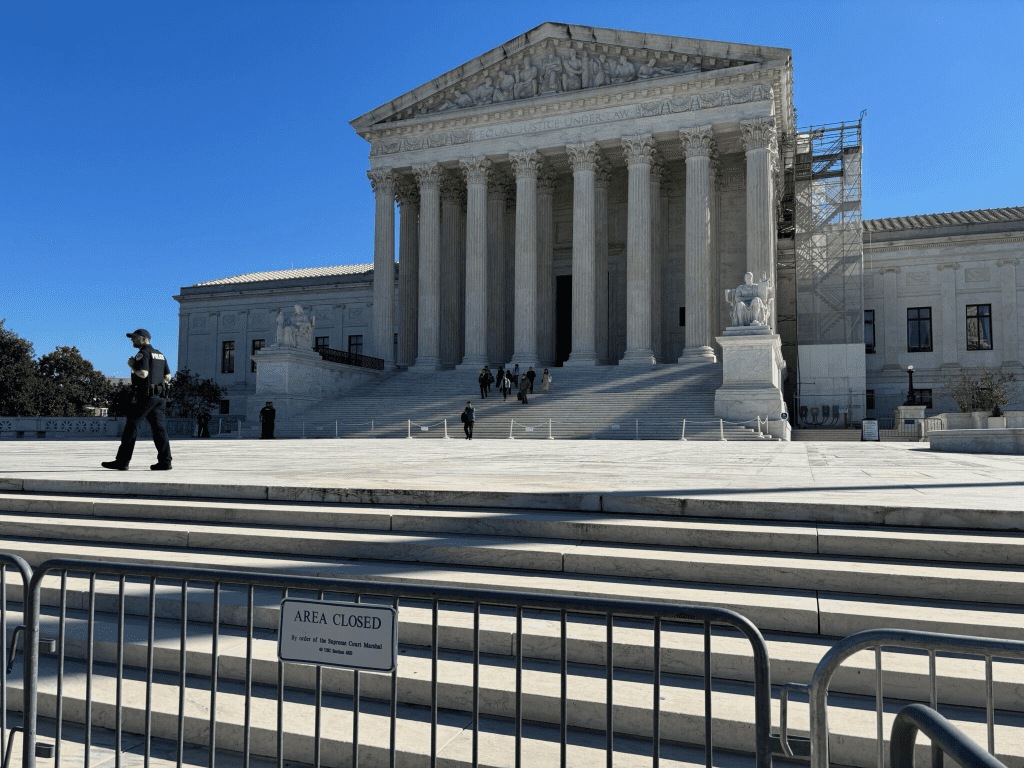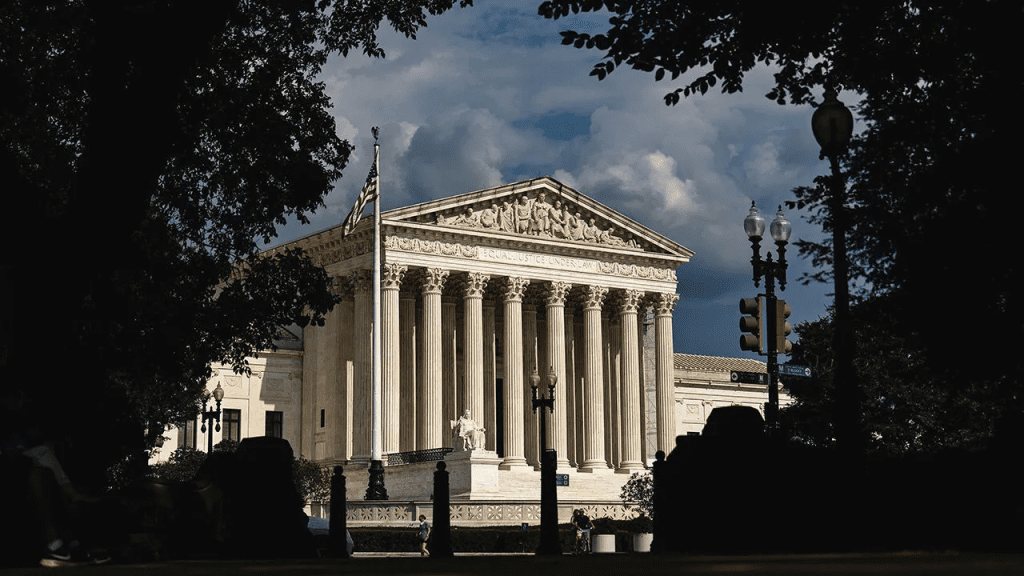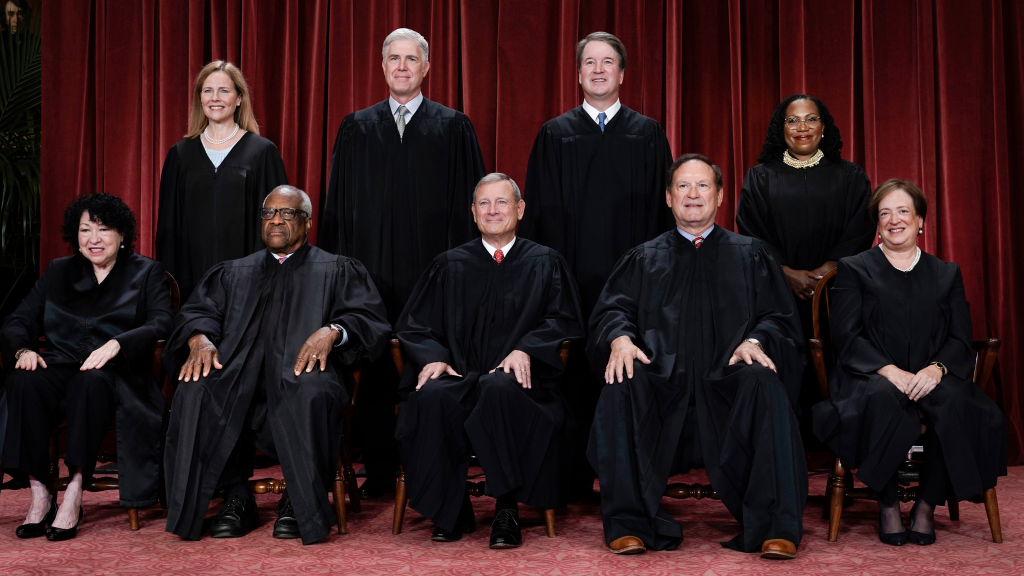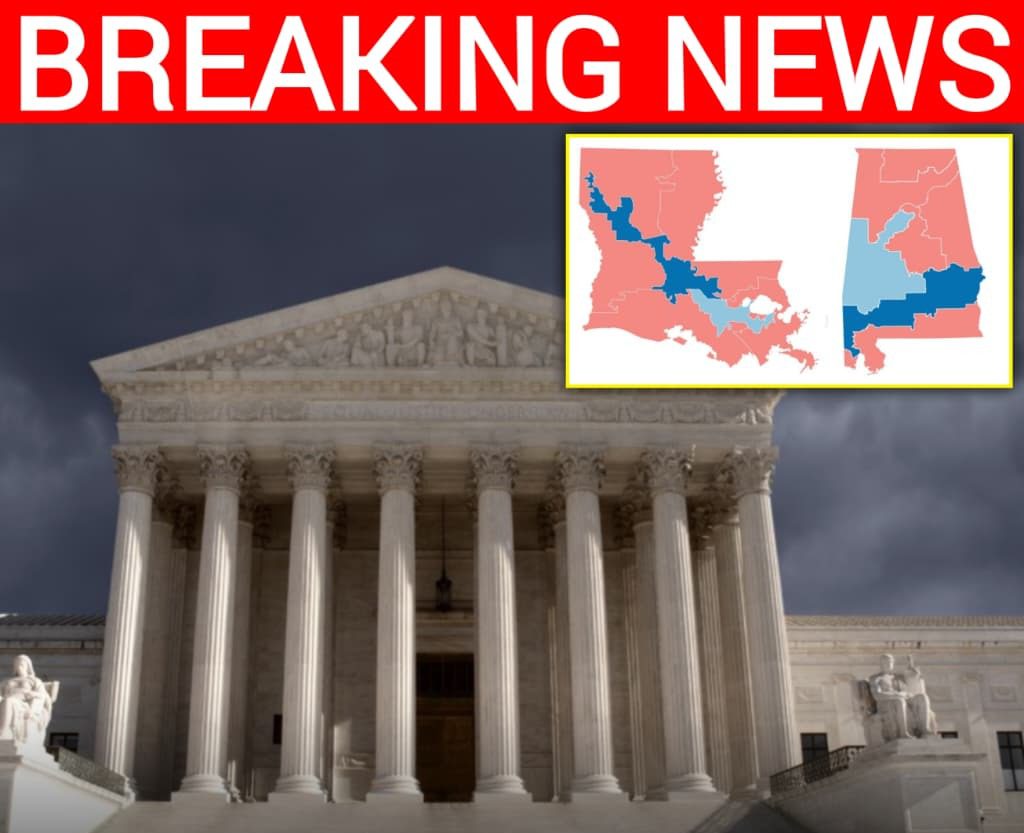Today’s Supreme Court Oral Argument in Louisiana v. Callais Could Gut Section 2 of the Voting Rights Act and Shift Dozens of Seats to the Republicans
The Supreme Court is set to revisit one of the most explosive voting rights battles in recent years as oral arguments begin in Louisiana v. Callais, a case that could dramatically weaken Section 2 of the Voting Rights Act and reconfigure congressional power across the South. The stakes are monumental: analysts warn that if the court rules to curtail or eliminate race-based districting protections, Republicans could gain as many as 19 or more House seats merely from the unraveling of minority-protective districts that have long been under VRA guard.

This legal fight has its roots in Louisiana’s post-2020 redistricting. The state’s Republican-controlled legislature initially drew a congressional map that included only one majority-Black district—despite Black residents making up about one-third of the population. Civil rights groups and Black voters sued, arguing the map diluted minority voting strength under Section 2. A federal court agreed and required Louisiana to draw a remedial map with a second majority-Black district. That new map was then challenged by non-Black voters—who claimed it was an unconstitutional racial gerrymander because race predominated the districting decisions. A three-judge federal panel sided with those challengers, setting the stage for this showdown.
What makes Callais so consequential is that Louisiana is now asking the court to go further than just evaluating one map. The state is asking whether the practice of creating race-based districts under Section 2 may itself violate the 14th and 15th Amendments. In essence, the case asks: Can states ever draw districts to remedy discrimination, or does that inherently run afoul of constitutional limits? If the Court sides with Louisiana, Section 2’s power could be hollowed out.

Defenders of the Voting Rights Act warn that such a decision would undo decades of progress. Minority communities across the U.S. have used Section 2 to challenge maps that effectively silenced their political voice—even where intent was not overtly racist. Weakening Section 2 would make it vastly harder to contest subtle forms of vote dilution and relegate many communities back to political marginalization.
Republicans and conservative map reformers view Callais as a long-awaited opening. With Section 2’s constraints loosened or removed, states could redraw districts with fewer legal checks on racial impact. Combined with aggressive gerrymandering, the theoretical 19-seat shift could tip control of the House in ways that reshape federal policy for years.

The Court’s decision to rehear the case—after first hearing arguments in March 2025—signals the justices recognize its significance. They sent the case back for additional briefing and a fresh round of argument, asking whether remedial maps that comply with court orders might themselves constitute unconstitutional race-based design. Some justices have already expressed skepticism about the ways race has been factored into map drawing. Meanwhile, the precedent of Allen v. Milligan looms large: that 2023 ruling upheld Section 2 in Alabama and ordered new majority-Black districts. Lawyers arguing in Callais must reconcile those past rulings with new challenges to Section 2’s constitutionality.
The black community in Louisiana already feels the tension. A newly created majority-Black district spanning from Baton Rouge to northern regions has given Black voters meaningful representation. But if the Court overturns or limits this district, those gains could vanish. Many local leaders and civil rights groups see this moment as a crossroads for democracy — not just in Louisiana but nationwide.
Whatever the outcome, elections beyond 2026 will bear its impact. States poised to redraw maps will watch closely. And for Republicans, a ruling that weakens Section 2 is not just a legal victory—it’s a political windfall. For advocates of robust voting protections, the challenge has never been sharper.



